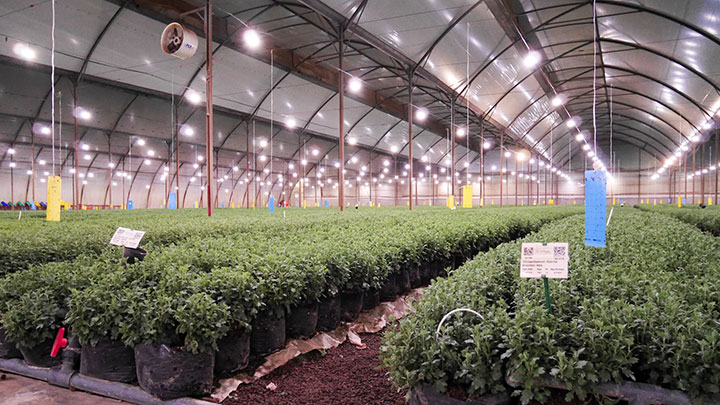Philips Lighting (Euronext: LIGHT), the world leader in lighting, today announced it has signed its first LED grow light project in New Zealand with Gourmet Mokai Ltd to improve the quality and cost efficiency of growing its popular Campari cocktail tomatoes. Gourmet Mokai Ltd is part of the New Zealand Gourmet group of companies and sells premium fruits and vegetables to local markets and in Australia, Japan and Southeast Asia. The new LED grow lighting will be installed in January 2018 in a 4,500 square meter greenhouse at the facility in Mokai on the North Island, known for its sophisticated eco-friendly growing practices.
«Over the years, our LED technologies have helped tomato growers across the globe produce better quality fruit and higher yields, with more control over their growing climate,» said Udo van Slooten, Business Leader Horticulture at Philips Lighting. «We feel privileged to be participating with New Zealand Gourmet, a leader in its field, and look forward to showing other growers in the region what we are doing at this location.»
Gourmet Mokai Ltd is a joint venture of New Zealand Gourmet and two New Zealand Maori trusts, and it uses naturally occurring underground geothermal steam for heating. The Campari tomatoes are grown under glass using a hydroponic type method. The LED system chosen combines Philips GreenPower LED toplighting with GreenPower LED interlighting.
«We expect several benefits from the LED grow lights. We are using an optimal spectrum for plant growth and crop management, based on the LED light recipe specified by Philips Lighting’s horticultural team. We also hope to improve the taste, vitamin C content and shelf life of our product with the LED grow lights,» said Roelf Schreuder, Production Director Protected Crops at New Zealand Gourmet. «At the same time, we expect to reduce our operating costs and gain more control over the growing climate as the LEDs produce hardly any heat.»
According to Schreuder, Gourmet Mokai must first learn how to grow tomatoes under LED lights and evaluate how it affects their heating set-up, CO2 supply, irrigation management and pollination. «We release bumble bees to pollinate our crops. However, when there’s no daylight and the lighting system is on, the beehives have to be closed and the bees can no longer pollinate the crops. The lights will be connected with the existing Hoogendoorn climate computer system which will also control the opening and closing of the bumble bee boxes and CO2 supply.»
Several parties are collaborating to make this project a success, including Philips Lighting, RTF Climate, Agrolux, Zonda Beneficials and Hoogendoorn Automation with the iSii Next Generation System equipped with a special LED light module software package.



